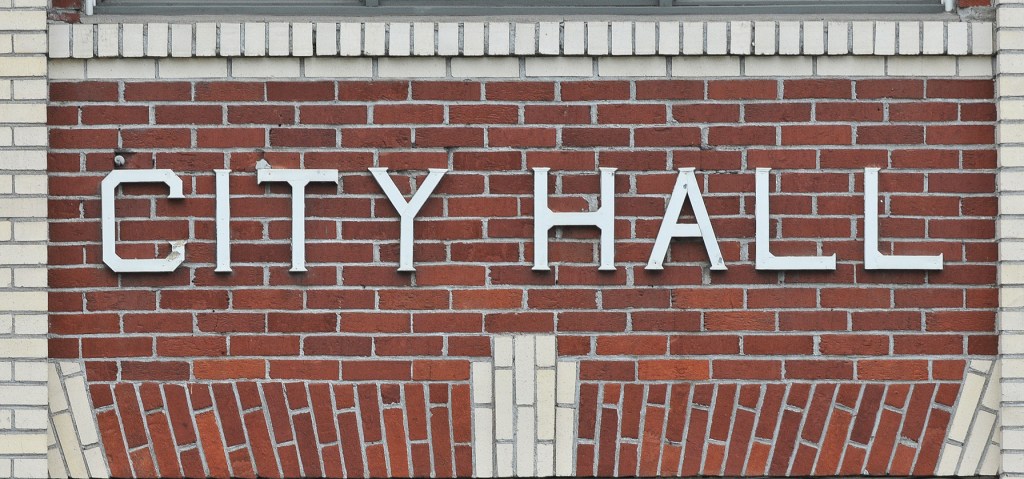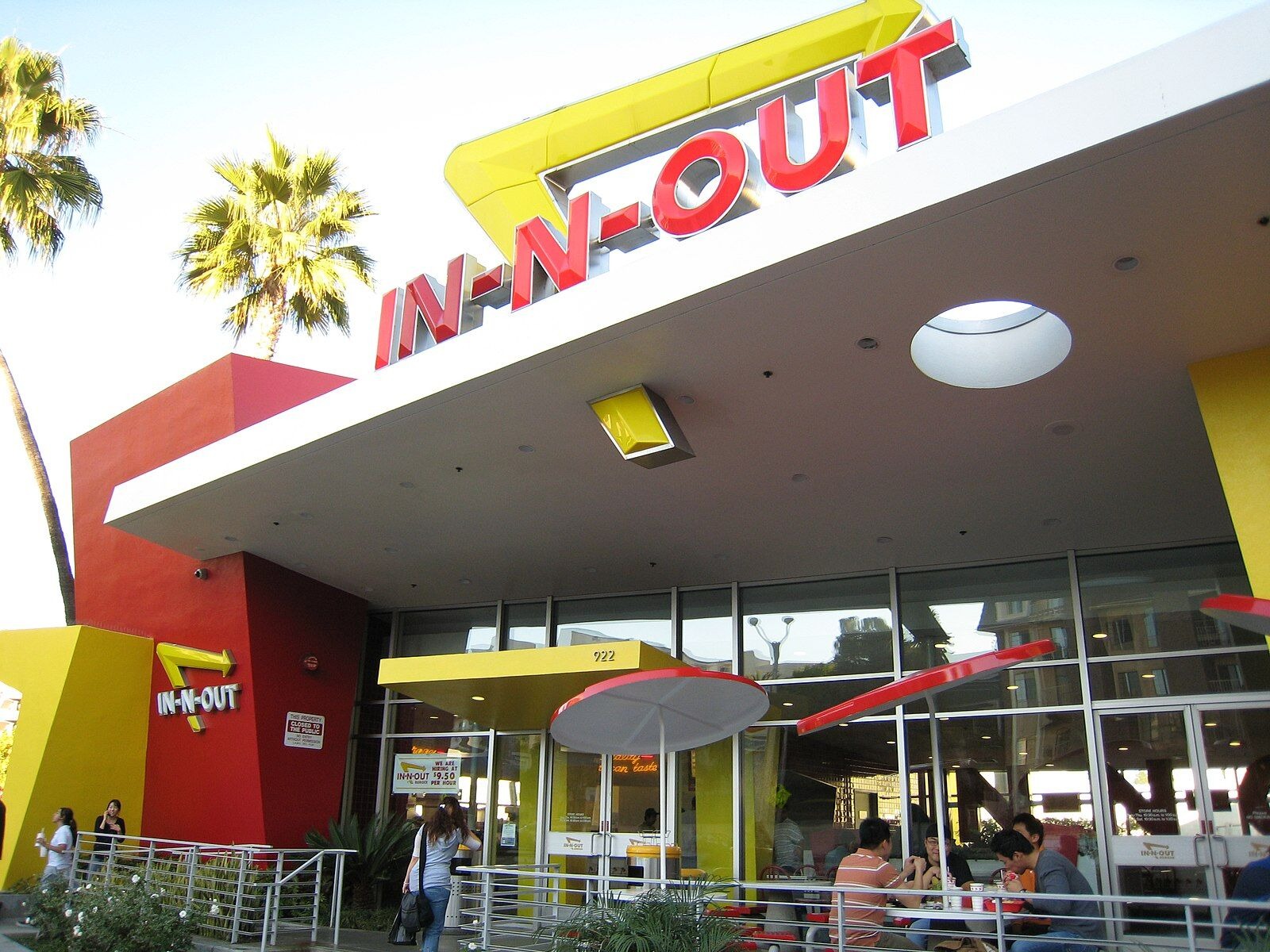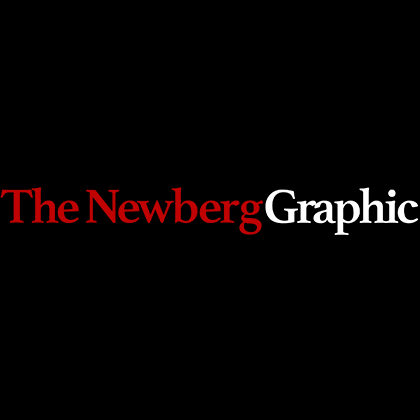Newberg council will decide fate of amended codes on vacation rentals
Published 4:23 pm Friday, August 1, 2025

- Newberg government's nearly yearlong effort to deal with the sharp increase in the advent of short-term rentals in town may come to a head next week before the city council. (File staff photo)
Aug. 4 meeting the culmination of nearly a year of meetings and outreach
Newberg government’s nearly yearlong effort to deal with the sharp increase in the advent of short-term rentals in town may come to a head next week before the city council.
At the meeting — set for 6 p.m. Aug. 4 at the Public Safety Building, 401 E. Third St. — councilors will consider amendments to city codes arrived at by staff and the planning commission with input from the community at a number of forums last fall.
Trending
Perhaps most significant among the amendments is changing the application process for a short-term vacation rental in low- and medium-density residential zones to a special use permit approved by staff that could be appealed to the planning commission by opponents, if they wished. The current system denotes only the issuance of a conditional use permit, which requires public notice and is reviewed at a public hearing before the planning commission.
Another significant amendment to the city code would require vacation rental agents such as Airbnb and Vrbo to collect and remit transient lodging (room) taxes to the city when such an agent is hired to advertise, manage or book a home.
Community Development Director Scot Siegel said in an email the city currently requires short-term rental operators to obtain a business license and register to give the taxes collected to the city, though there is currently no enforcement mechanism.
“Some jurisdictions require platforms such as Airbnb or VRBO to collect and remit taxes on behalf of the operator, and the city has received communication that some platforms will not offer this to their users unless the city’s code requires it,” Siegel said.
He added that requiring Airbnb and other platforms to remit room taxes should increase owners’ compliance rates when paired with new software to track vacation rental home operations and monitor unpermitted activity.
Other amendments to the city’s codes would apply stricter off-street parking requirements for short-term rentals; create a cap on the total number of vacation rental homes permitted in Newberg at 2% of the number of households within the city; require the manager of the home to live within 40 miles; require the operator of the home to provide annual “good neighbor” notices to surrounding property owners; limit transferability of vacation home rental registration to ensure compliance with city standards; increase the penalty for unregistered vacation rental homes and update code language and legal review to provide for a one-time transfer of the conditional use permit for the home.
Trending
“The ‘one-time burn’ is exploring a way to provide current conditional use permit holders the ability to transfer the permit they were granted in their original approval, while transitioning those permits to ‘run with the applicant’ once transferred,” Siegel said. “The proposed change from conditional to special use would make all new vacation rental home permits ‘run with the applicant’ and require a new permit if property ownership changes.”
Siegel said, in his view, the primary advantage of the code amendments are that they “shift the approval criteria of all short-term rentals to objective standards, removing subjective criteria.”
“The package includes additional development standards to address concerns and issues that have been raised at planning commission hearings or through public engagement conducted for the project,” he added.
Opponents take a different view
Five individuals so far have submitted written comments in anticipation of the Aug. 4 meeting. All were against the code amendments, with the majority centering their arguments on what they perceived as a loss of community created by vacation rental homes.
“When I see short term rentals converting neighbor homes into a constant revolving door of strangers, I see the erosion of everything that makes Newberg special,” resident Stevie Curtis wrote. “We risk becoming just another place where people don’t know who lives next door, where community connection is replaced by commercial transactions.”
Public comments also questioned the changing the approval type for short term rentals from conditional use (a public process) to a special use permit (approved internally by staff) and the lack of density restrictions on the homes.
Issue not new to the council and planning commission
Recently, the planning commission deliberated on the issue at its May 8 meeting and approved the recommendation that will come before the council. The council held a work session on the issue at its June 2 meeting and opened a hearing on the issue at its July 7 meeting as well.
Prior to that the city held a trio of forums in November and December 2024, a joint meeting a month before in October and a listening session in August 2024 to take public input on the issue.
Number of short-term rentals growing
Data collected in 2024 by the city via permits and transient lodging taxes showed that up to 87 vacation rentals homes were operating in the city, although some initial data also indicated that some short-term rentals are operating without city permits and without paying the transient lodging tax required within the city. The tax is applicable to vacation rental homes, bed and breakfasts, hotels and motels in the city.
Maps created by the city show that vacation rentals are largely concentrated in the downtown business district, although additional rental activity is generally distributed throughout the city’s residential areas as well.






